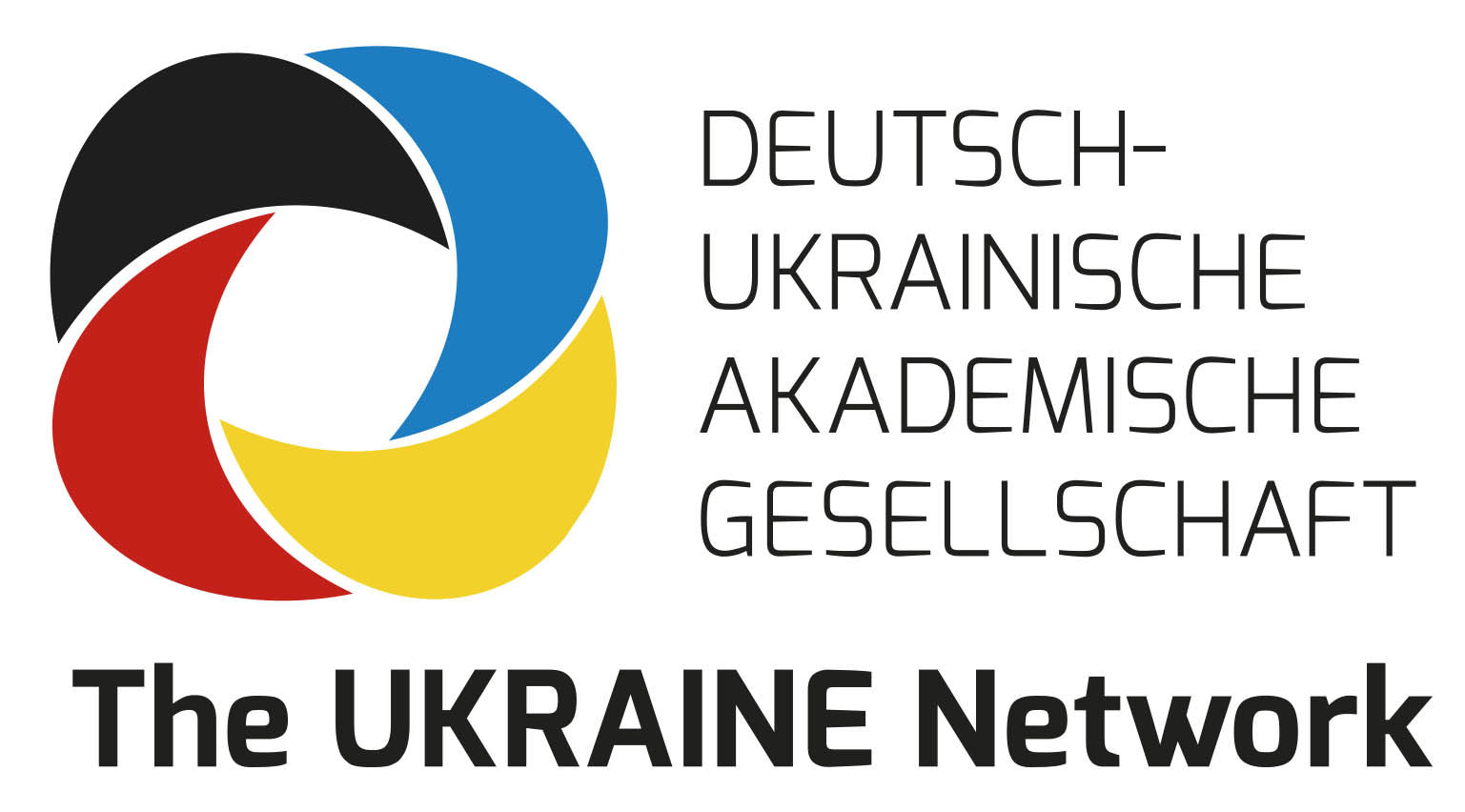The discovery of numerous letters from forced laborers in Ukrainian archives started with a family story and a secret.
Witali Geds, a Historian and specialist on World War II, was following a family story in Ukrainian archives and discovered numerous undelivered letters from forced laborers. Already 3000 out of 50 000 such letters were delivered to the descendants or relatives of those to whom their were addressed in the Kyiv region.
The “use of foreigners” by the National Socialists between 1939-1945 was the biggest mass use of foreigners in the economy of a single country since the days of slavery. In the course of the World War II, some 13.5 million people from 26 European countries worked on the territory of National Socialist Germany, its allies and in countries occupied by Germany. Of these, 4.5 million were prisoners of war and 8.5 million were civilian workers and concentration camp prisoners. The largest group of forced laborers consisted of residents of the occupied territories of the USSR, called “Eastern workers”. Most of them were deported from Ukraine to the Reich between 1942 and 1944, using brute force.
In November 1943, after the Soviet troops reached Kyiv, the notorious NKVD immediately had all letters from Germany confiscated from post offices. Instructions were not to deliver them to the relatives. At the end of the war, the NKVD ordered these letters to be transferred in sacks to the Kyiv archives for secret storage, to be burned over time. The “secret” marking was removed from the letters after perestroika. In 2018, the 75-year secrecy ended and Witali Geds and other historical researchers had the opportunity to copy the letters and to pass them on to the addressees or their descendants.
In the meantime, Witali has contacted all the regional archives in Ukraine and discovered that thousands of such letters are also stored there – roughly estimated at 200,000 in total. They have not yet been fully researched or systematized. In some Ukrainian archives, in addition to letters from forced laborers, there are also letters from German soldiers which the Nazi troops were not able to destroy in time during their retreat. These are also letters that were left on the road and never reached their addressees.
Other historians joned Witali in his work on “Lost Letters” to ensure that all letters reach their addressees/their families. In addition, Witali and his colleagues are interested to build an electronic database of forced laborers where the information from the archives with photos, letters and filtration files can be stored.
